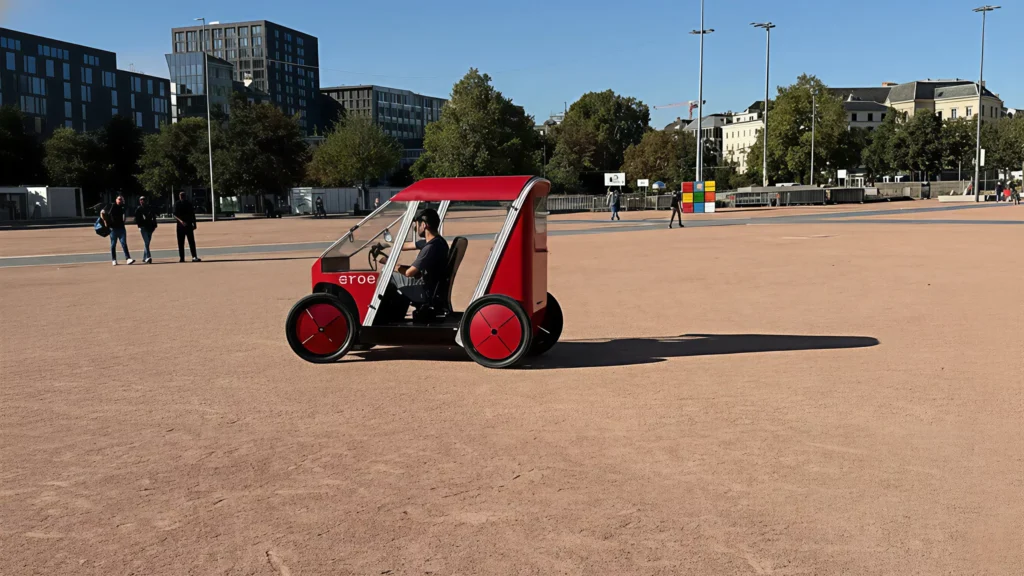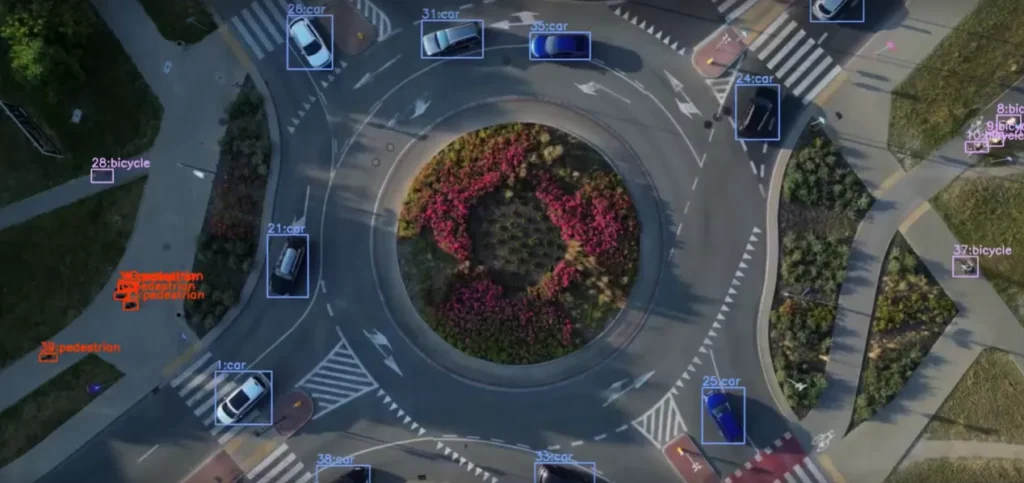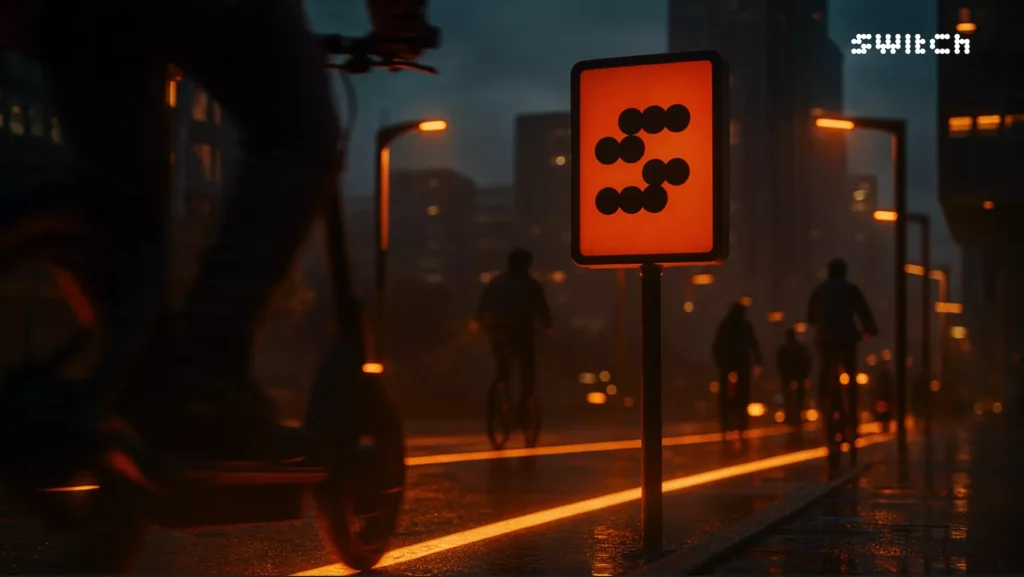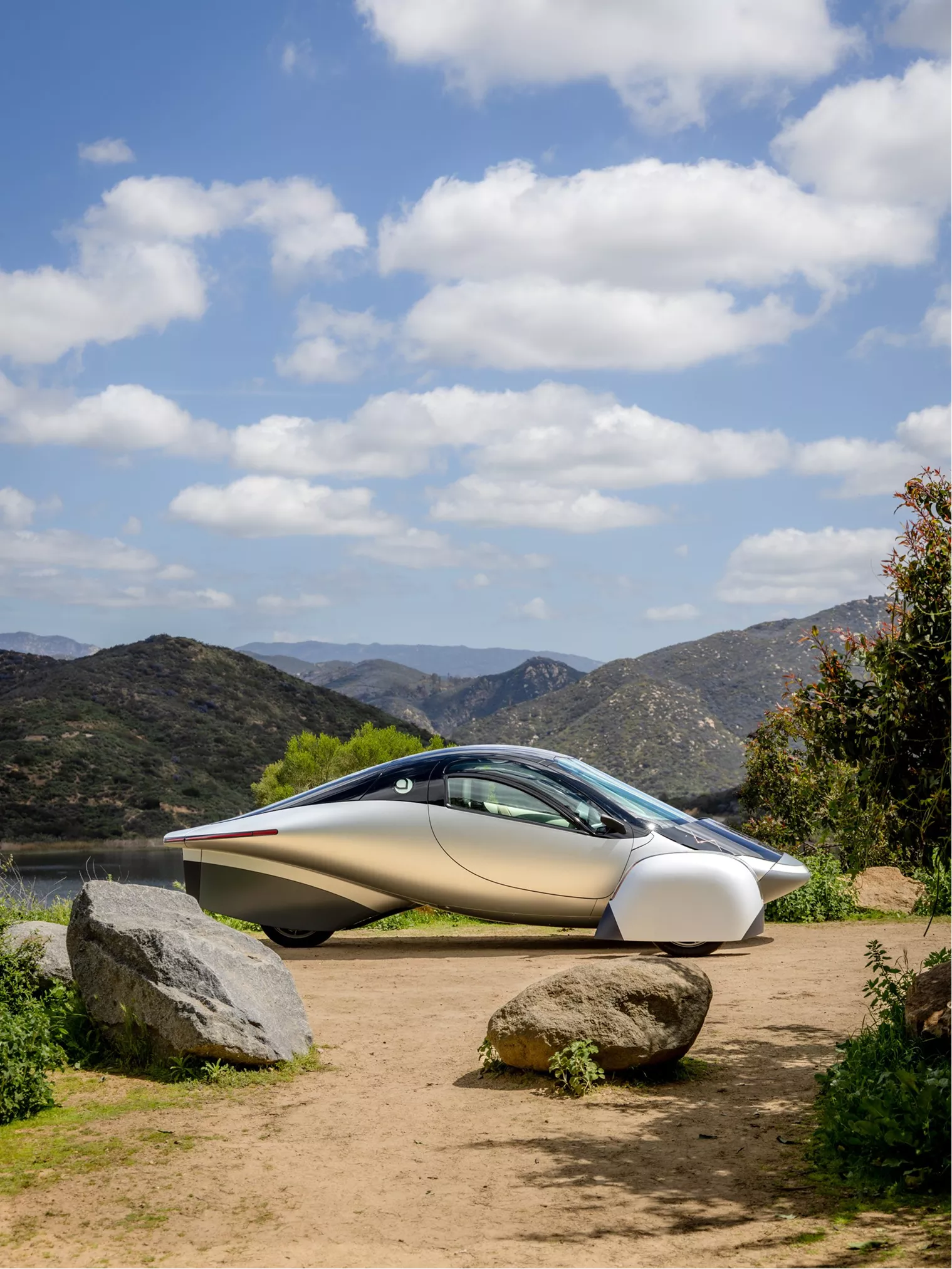






From EVs and batteries to autonomous vehicles and urban transport, we cover what actually matters. Delivered to your inbox weekly.
EVE Energy, a China-based lithium battery manufacturer, will construct a £1 billion gigafactory in Sunderland. The site will supply lithium-ion cells for electric vehicles assembled in the UK, with production targeted to begin in 2026. This marks EVE’s first European facility and a direct intervention in the UK’s battery supply gap.
The plant is expected to support up to 6,000 jobs across manufacturing, logistics, and supply chain roles. It will be located near existing automotive infrastructure, with established transport access and proximity to major OEM operations.
The investment aligns with the UK’s obligation to meet local content thresholds under the UK–EU Trade and Cooperation Agreement. Starting in 2027, vehicles exported from the UK to the EU must contain a higher percentage of locally produced components — batteries included — to qualify for zero-tariff trade. This facility is structured to deliver into that requirement with cell production based entirely within the UK.
The project is supported by both central government and local development authorities. It follows a series of stalled or failed battery manufacturing initiatives, including Britishvolt, which left a critical shortfall in domestic EV supply chain infrastructure.
Construction will include cell assembly, module integration, and grid-tied energy systems to support continuous industrial operation. Site output is expected to feed directly into the UK’s remaining vehicle production ecosystem, including existing and future EV lines requiring secure, traceable battery supply.
EVE Energy is entering the UK market with a functional build. The company already operates multiple battery production sites in Asia. The Sunderland project extends that capacity into Europe and establishes a fixed supply node within the UK’s zero-emission manufacturing zone.
There is no surplus in the battery supply chain. Output from this site will be absorbed into immediate demand. Every cell produced contributes to compliance, cost stabilization, and production continuity.
The Sunderland build places battery output inside the compliance structure. Capacity is being constructed to meet the requirement, not the projection.